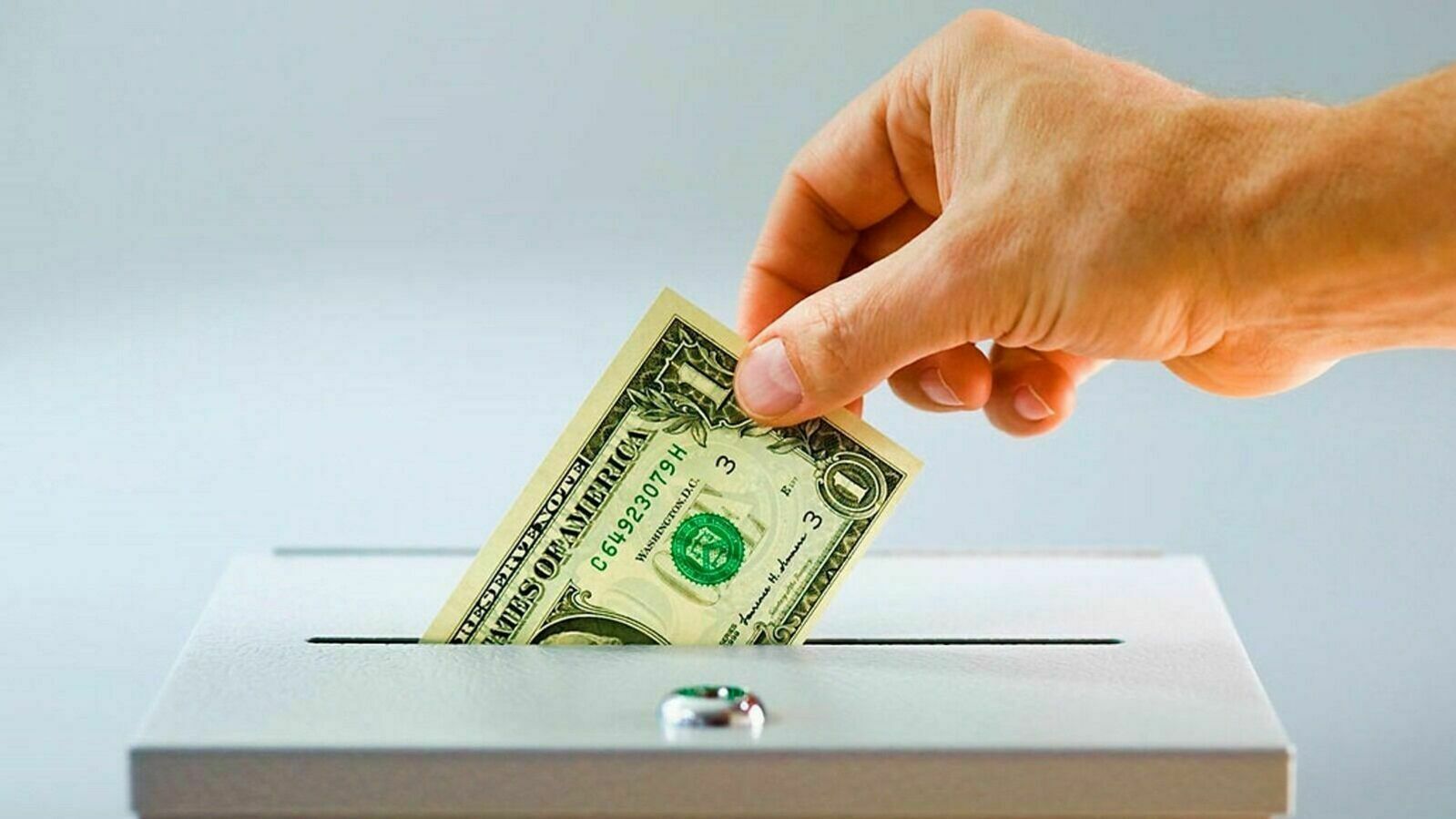
Time to repay debts: how to solve the problem of "voluntary contribution" from oligarchs
Over the past few weeks, there has been an active discussion about the order and amount of the payment to the budget and which enterprises will give part of their profits to this. Alexander Khaminsky, a tax lawyer and member of the General Council of Delovaya Rossiya, shared his position on the existence of legal grounds for such a payment:"First of all, it is necessary to determine what the payment itself is, what is its legal status, the total amount and the amount of the transfer by each payer.
And also, according to what criteria the circle of payers will be formed. At the same time, various, sometimes mutually exclusive opinions are voiced in the public space.
The most paradoxical position was expressed by the Russian billionaire Oleg Deripaska. He believes that a voluntary payment to the budget should be linked to the write-off of tax arrears for a similar amount. This, in his opinion, will serve as a powerful incentive for the development of the domestic economy. However, the billionaire did not explain what he was guided by, making such conclusions. Obviously, he forgot that the measures implemented over the past three years to support business consisted mainly in reducing the tax burden and, as a result, the non-receipt of preferential amounts by budgets of various levels. That is why Deripaska's proposal can be considered completely disconnected from reality.
At the same time, the president of the RSPP, Alexander Shokhin, has stated several times that a consensus with the government has almost been reached, it remains to settle several legal issues that are being resolved by amending the tax code, establishing a one-time fee from enterprises that meet certain criteria. I cannot agree with the latter, at least because of the normative definition of the concept of "collection", laid down directly in the code. Article 8 of the Tax Code of the Russian Federation imperatively establishes the mandatory nature of the collection. Moreover, in response to the transfer of funds to the budget, the state must perform legally significant actions against the taxpayer, such as issuing a license or permission to carry out business activities in a certain territory.
First Deputy Prime Minister Andrei Belousov and Finance Minister Anton Siluanov were more cautious in their statements. A. Belousov told reporters that it was about a voluntary contribution to the budget from business. In a number of industries, due to objective reasons, primarily related to the positive price environment, record financial indicators were achieved in comparison with previous years. It is this factor that should become fundamental so that enterprises can share with the state without prejudice to themselves. The Head of the Ministry of Finance proposed to exclude investments aimed at investments in the development of production when calculating the payment base. According to him, the total amount of the collection should be about 250 billion rubles.
The Kremlin, apparently, decided not to interfere and completely transfer the situation to the competence of the government. The only thing that President's press secretary Dmitry Peskov drew attention to on the eve of Vladimir Putin's address to the Federal Assembly was the voluntary nature of the payment. What has already been expressed by the First Deputy Prime Minister.
Under such circumstances, it is somewhat surprising that the government's dialogue with business is built mainly through discussion of this issue, mostly with the RSPP. There is practically no information in the media about communications with Delovaya Rossiya, Opora Rossiya, CCI and the SME Corporation. At the same time, a fairly large number of medium-sized and, in some cases, small enterprises can boast of a basic annual profit of 1.0 billion rubles. And here it is not so much the amount in absolute terms that is important, as the return on capital, revenue growth per employee and other criteria that together may indicate the presence of excess profits.
If we continue the topic of economic indicators, we should note the relatively small amount of the total amount to be collected. 250 billion rubles is about 1% of the size of the federal budget and slightly more than 0.16% of the size of GDP. In principle, the government can instruct the head of the Federal Tax Service, Daniil Egorov, and he will collect the necessary amount by encouraging taxpayers to clarify tax obligations in no more than a week. But such an assignment was not even discussed. Obviously, in addition to the economic sense, there is a certain political context in this case. Almost all major domestic entrepreneurs have suffered losses as a result of Western sanctions, despite the fact that Putin has repeatedly warned about the lack of legal protection mechanisms for capital withdrawn abroad. Many did not listen to his words then, they believed that they would carry through. Didn't get through. These same entrepreneurs turned out to be the main beneficiaries of the support measures that the government implemented first in two pandemic years, then in one sanctions year. Obviously, it's time to pay off the debts. Moreover, no one takes the latter from anyone..."